Elijah Santos
Dr. Rob Williams
Ecotourism
May 2nd, 2018
TOP TEN TAKEAWAYS
- SUPER SEXY ECOTOURISM DEFINITION: My first takeaway from the semester is our definition of ecotourism, “tourism in 1) places of ecological interest; 2) involving responsible travel to “natural areas” that 3) conserves the environment, 4) improves the well-being of local people, and 5) creates shared knowledge and understanding through interpretation and education of all involved (staff, travelers and community residents)”. Though this isn’t a direct quote from the book, I think that our collective definition is almost perfect. When discussing ecotourism in other classes, education and indigenous rights are rarely discussed. However, I think that those are two of the most important pieces of the equation. Without them there's no way, as far as I can tell, for the system to be socially sustainable. You need the social sustainability to maintain ecological sustainability.

- THE DUALITY OF GLOBALIZATION: GATS, "will edge out small, independent enterprises as transnational corporations and their affiliates, with the advantage of financial resources and technology, muscle their way in to control the tourist trade in countries in the South" (35). This directly connects back to our globalization class as well as ecotourism. Ecotourism is a strange beast, because it’s unquestionably a product of globalization, but could simultaneously also counteract some of the effects of globalization. When properly utilized, ecotourism supports local communities, preserves indigenous culture, and conserves the environment, all while encouraging global tourism. It essentially counteracts all of the negative effects that we’ve discussed about globalization, but at the same time needs globalization to thrive. It’s a strange phenomenon, but one that could make the tourism industry more sustainable.
- CAPITALISM + ANTHROPOCENTRISM = GOOD? “What makes sense from an environmental and conservation point of view also saves money” (75). This is one of the strongest arguments FOR ecotourism from a capitalist and anthropocentric standpoint. Conservation for conservation’s sake is often argued against by those who aren’t ecologically minded. However, even the most vehement anti-environmentalists can’t argue with saving money. Though it bothers me greatly, this train of thought could oddly work in favor of conservationists.
- GREENWASHING OF ECOTOURISM LITE: “There is frequently a blurring of the boundaries between nature tourism and the more multidimensional concept of ecotourism” (Honey, 76). Ecotourism is far from simple, and it’s often confused with the multitude of different forms of tourism that exist. Even when explaining the idea of ecotourism to friends and family, they still confuse it with nature tourism, “sustainable” tourism, and ecotourism-lite. There’s an immense greenwashing of the industry, and I think that this is where some of the biggest issues lie. Until there’s a widely agreed upon definition and set of BMP’s for the industry, it’s just going to sort of be a free for all with people making up their own definitions.
- WESTERN INTERVENTION = BAD: “In this fragile natural and political environment, ecotourism is widely recognized as the only viable commercial activity capable of both protecting the resource base and providing sustainable livelihoods” (Honey, 122). This is one of the most common arguments that you hear for ecotourism, and one that actually does hold water. However, it seems that the sustainable livelihoods part of the equation is often ignored. Especially when large (western) corporations come in and build infrastructure in countries. Companies like Marriott come in and build hotels, and often the positive economic gain from their operations are then exported back to the west. This causes the local communities to work hard for tourists, but they see very little of the benefits of their labor.
- KENYA'S CRITICAL ERROR: “Overall, however, from the early 1990s onward, Kenya’s tourism industry has been buffeted by internal and external catastrophes, both natural and man-made (Honey, 299). Kenya is a great example of a great idea that was poorly enacted. It had a fantastic community management structure, but it suffered from some of the usual pitfalls. They had issues with lack of funding, since much of the revenue from tourism was siphoned off by warlords or government officials. The lack of formal government intervention also ended up being as much of a hindrance as it is a blessing as well. They had so little responsibility for the parks that they also refused to put significant funding into building tourist infrastructure. This was their main downfall.
- THE SOUTH AFRICAN PARADIGM: “South Africa has built some of the world’s top scientifically managed, best-policed, most luxurious, least expensive, and most exclusive national parks” (Honey, 348). South Africa had one of the biggest impacts on me this semester. They have utilized one of the most holistic and best managed ecotourism infrastructures in the world, and they’ve benefitted greatly. Part of the reason why their methods worked so well is that they were willing to evolve. They went into the ecotourism industry with very little funding or experience, but they were able to see what was working. They used trophy hinting for a short time to build revenue, and then transitioned away to a photo-tourism industry that ultimately created a culture of conservation.
- COMMUNITY MANAGEMENT DONE RIGHT: “Ecotourism is playing a dual role in the new South Africa: helping to reintegrate South Africa into the world economy and helping to redress grievances and redistribute wealth to the country’s rural poor” (Honey, 390). South Africa’s tourism methods have slingshotted them into the frontlines of ecotourism developments. Their redistribution of park land to the indigenous communities after apartheid was a bold move. However, this is what has made them so successful. Moving management of parks into the hands of local communities has created a more tailored management system, which is far more efficient.
- ICELAND: THE GLOBAL EXAMPLE? “Iceland’s intelligent tourism tactics took areas that were dead during the financial crisis, and breathed new life back into them. Iceland’s main resource its natural resource. This is precisely what increased the country’s foreign exchange earnings by 12.3 percent in a five year span. That’s a growth rate that most countries rarely if ever see. In this same half decade period, their was a complete restructuring of the economy. Tourism surpassed fishing (previously one of the country’s largest industries), and quickly became the predominant form of economic activity” (Santos, 2018). Yes, I quoted my own paper. Some of the things that I learned about Iceland’s ecotourism industry were truly revelatory. The fact that they’ve built a semi-sustainable tourism market that has experienced exponential growth is practically unheard of. Iceland’s coasts have suffered from overfishing, but it also holds an important place in their culture. Ecotourism has created a more sustainable, yet equally lucrative, industry for the country.
- THE DANGERS OF OVERTOURISM: “Overtourism represents a potential hazard to popular destinations worldwide, as the dynamic forces that power tourism often inflict unavoidable negative consequences if not managed well. In some countries, this can lead to a decline in tourism as a sustainable framework is never put into place for coping with the economic, environmental, and sociocultural effects of tourism. The impact on local residents cannot be understated either” (Sheivachman, 2016). The idea of overtourism is one that I never thought would apply to ecotourism. However it’s actually one of the biggest threats to Iceland’s tourism industry. However, Iceland has enacted a policy unlike any other country has. They’ve essentially put a carrying capacity on Reykjavik’s hostels and Air BnBs. The goal of this policy is to keep the tourist population in the city at a sustainable level. This is on the. Cutting edge of ecotourism policy.
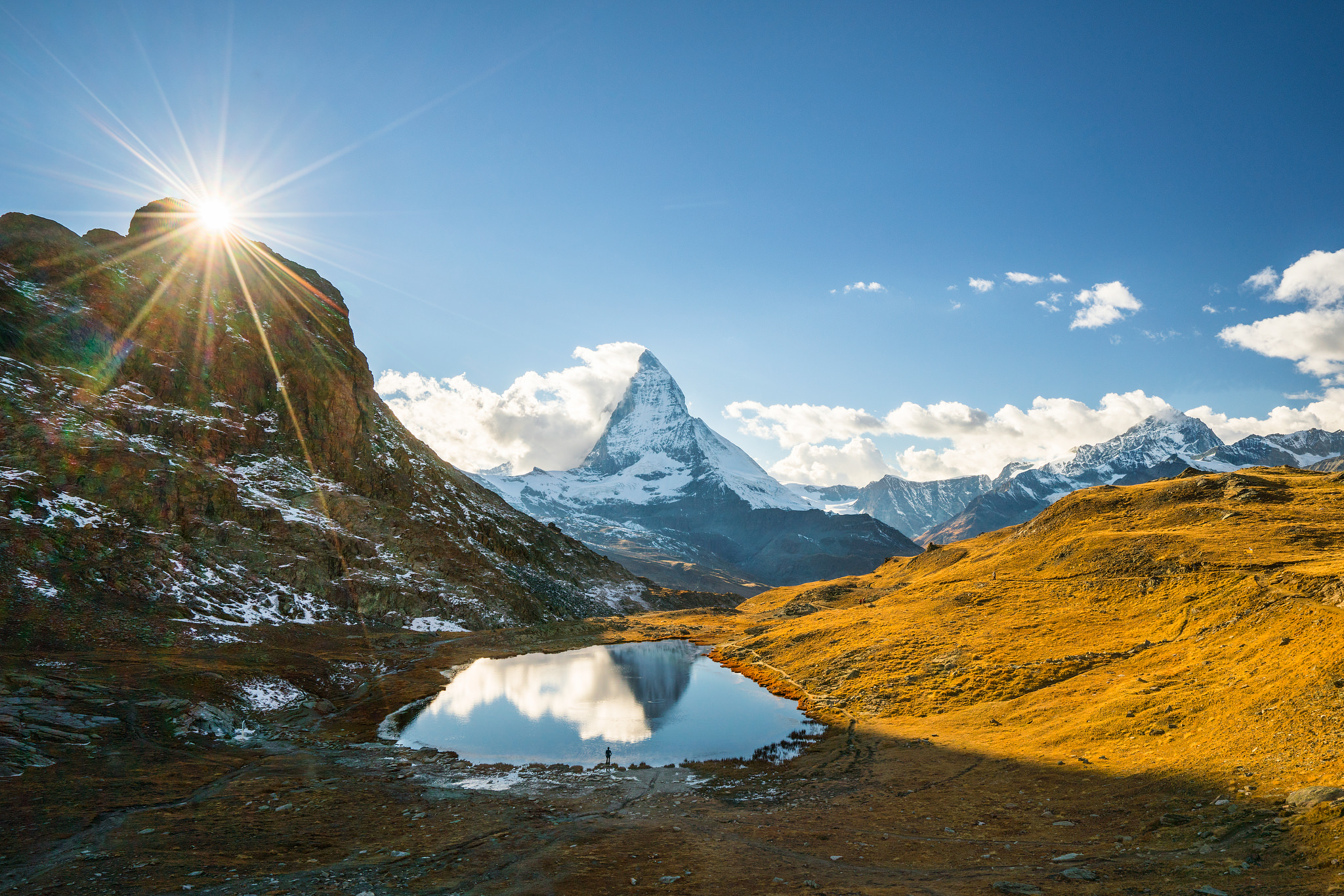


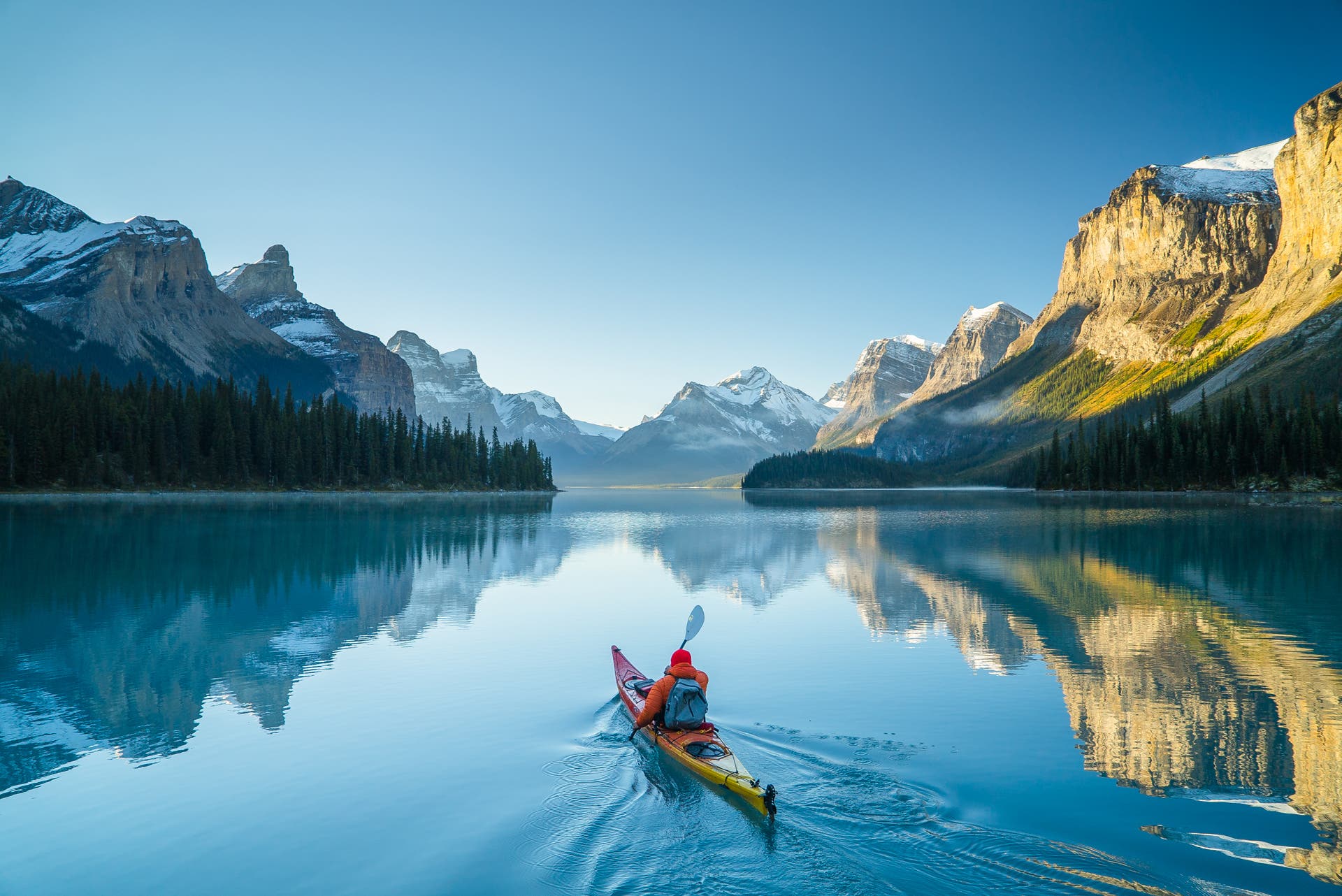
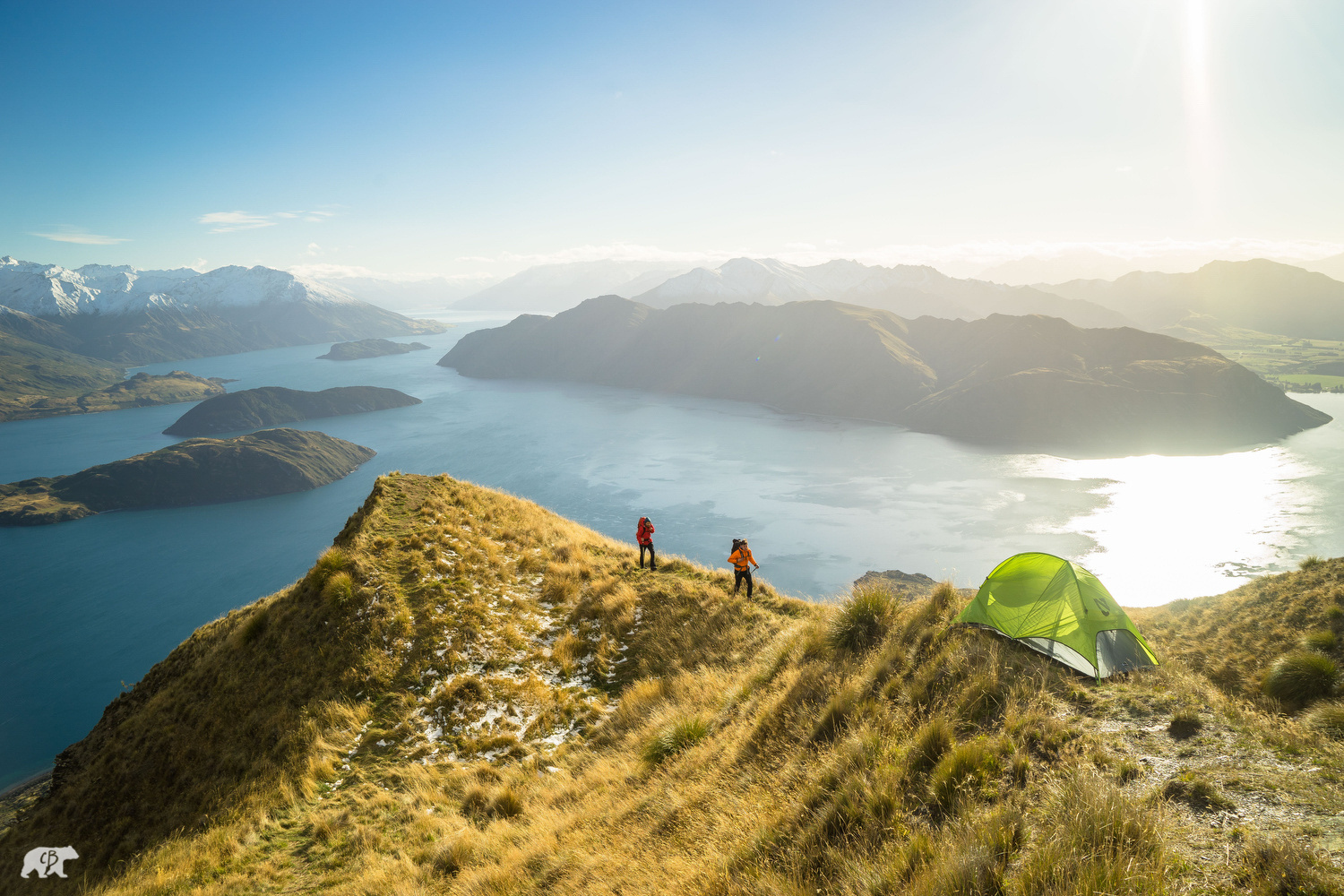


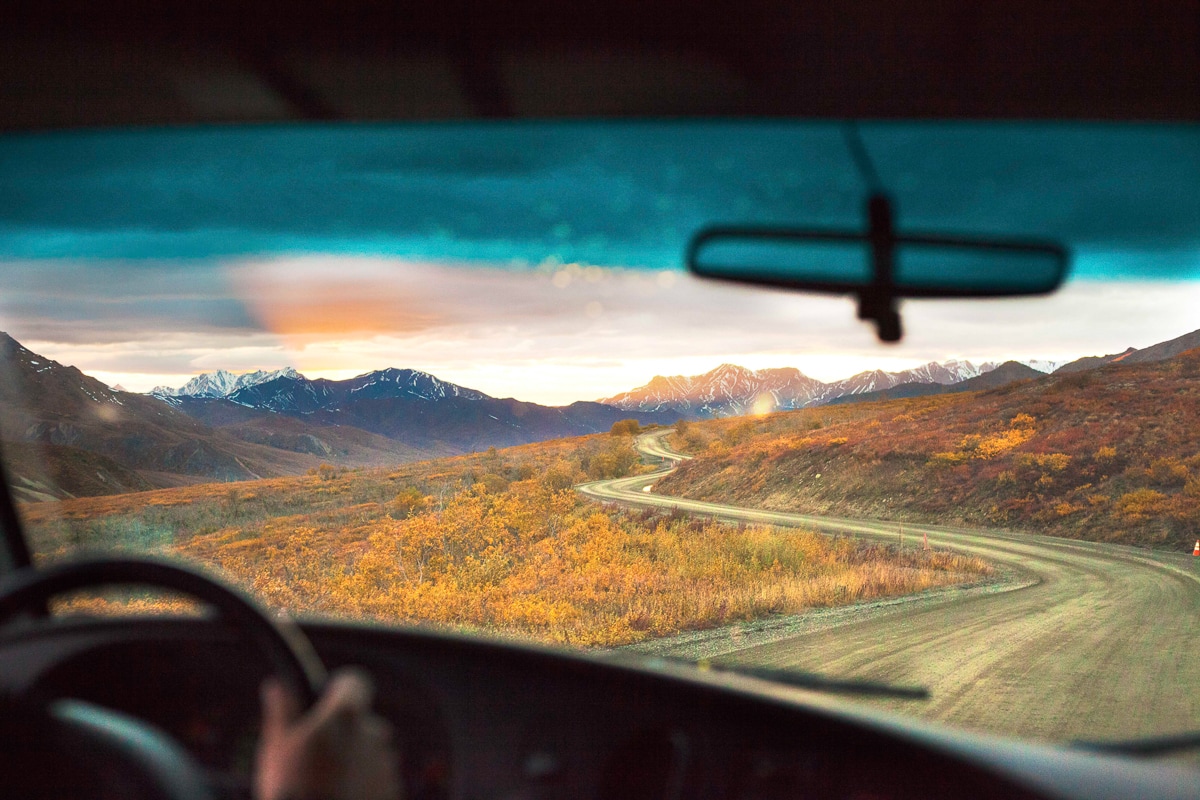
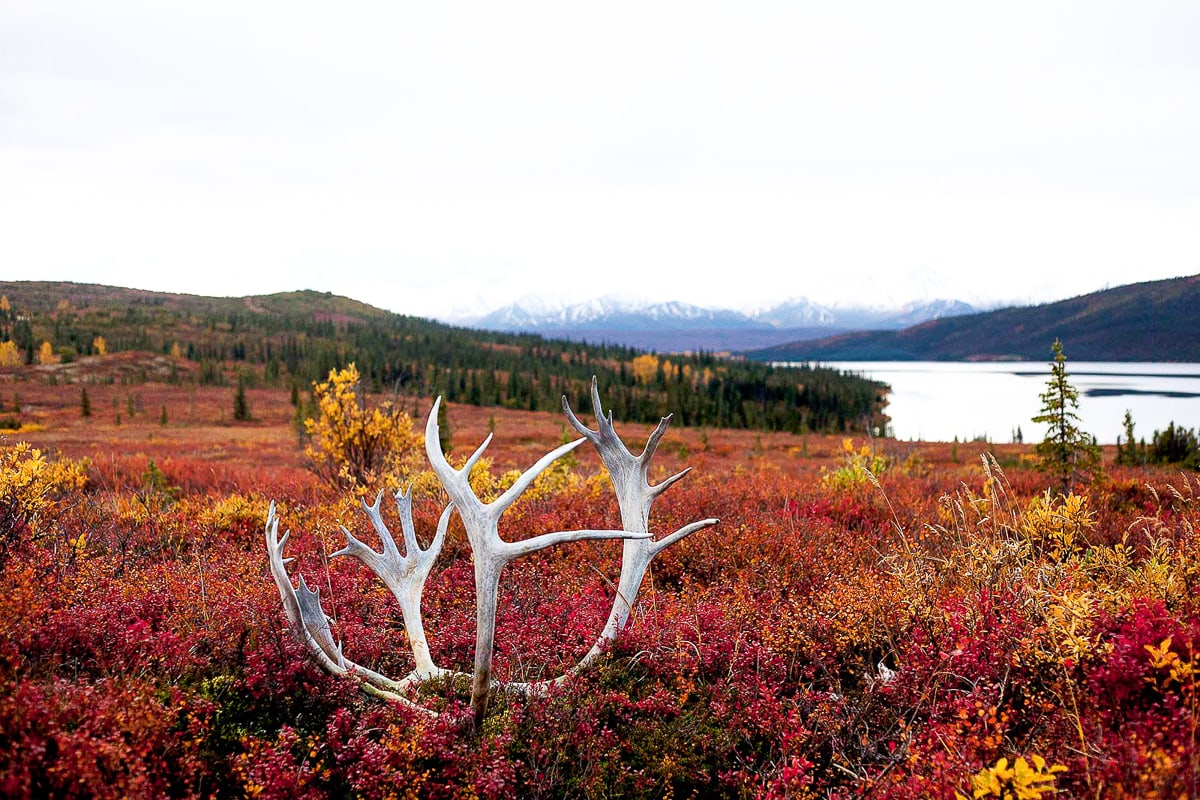
No comments:
Post a Comment